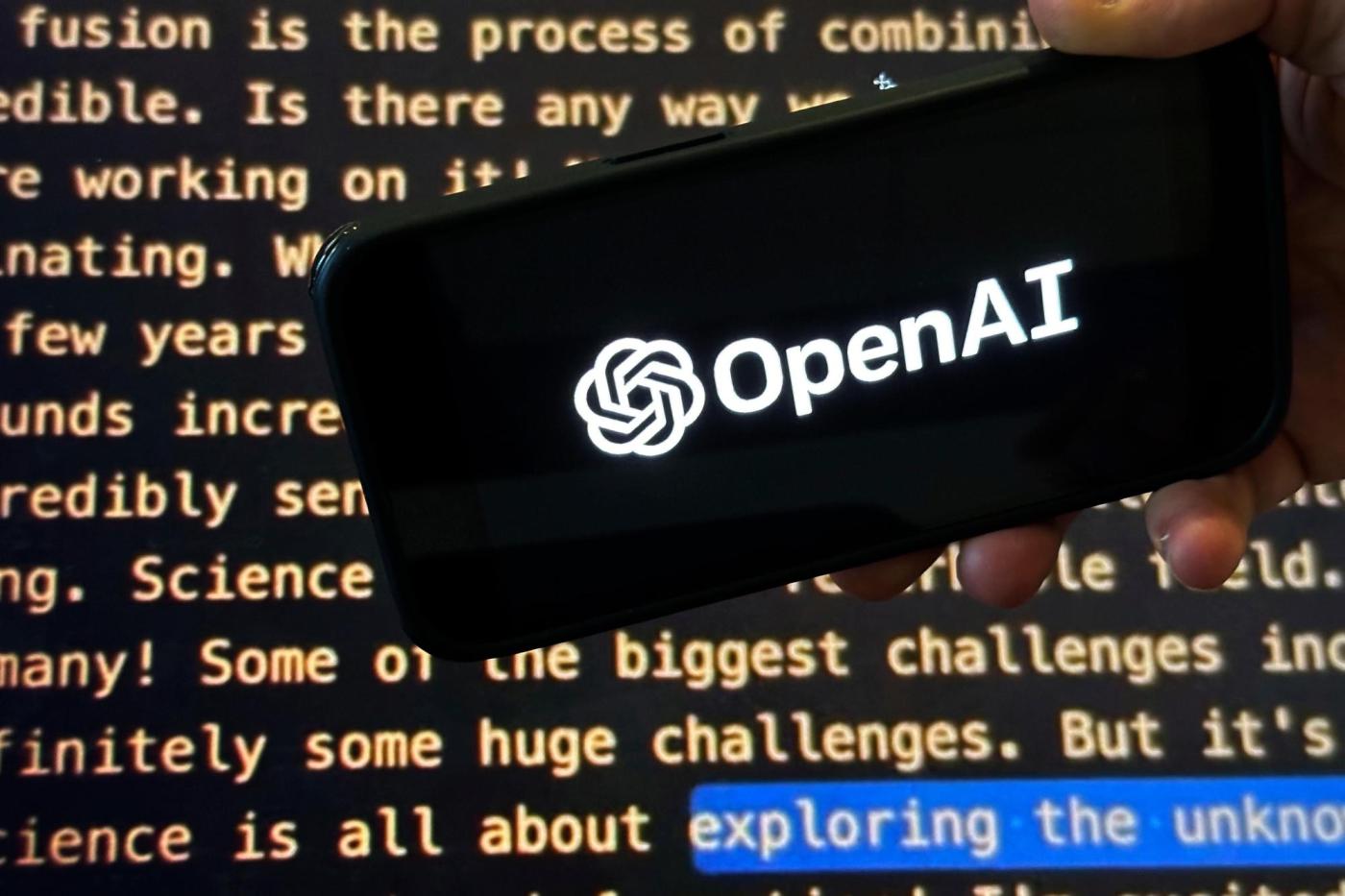
(Bloomberg/Emily Forgash) — Three years after OpenAI and Nvidia Corp. helped kick off the global artificial intelligence frenzy, the two firms are joining forces to pave the way for a more costly phase of development with a deal that’s quickly revived fears of an AI bubble.
Nvidia on Monday said it will invest as much as $100 billion in OpenAI to help the ChatGPT maker support a massive build-out of data centers equipped with Nvidia’s chips — a deal that some analysts say raises questions about whether Nvidia is investing heavily to prop up the market and keep companies spending on its products.
“The action will clearly fuel ‘circular’ concerns,” Stacy Rasgon, an analyst with Bernstein Research, wrote in an investor note after the deal was announced.
Those concerns have followed Nvidia, to varying degrees, for much of the AI boom. The chipmaker participated in more than 50 different venture investment deals for AI companies in 2024, and is on pace to top that number this year, according to data from PitchBook. Some of these companies, which include AI model makers and cloud providers, then use that capital to buy Nvidia’s expensive graphics processing units.
Related Articles
YouTube to reinstate accounts banned for posting false claims about Covid-19, 2020 election
Trump’s $100,000 H-1B visa move draws California legal review
TikTok won’t be banished. Its fate could be much worse
Nvidia says all customers will be ‘priority’ despite OpenAI deal
Apple positive for 2025 as rebounding stock nears record
But the size of the OpenAI investment “appears to dwarf all the others,” Rasgon said. The deal will “likely fuel these worries much hotter than what we have seen previously, and (perhaps justifiably) raise concerns over the rationale behind the action,” Rasgon wrote. Nvidia has said the investment in OpenAI will not be used for any “direct purchases” of Nvidia products, Rasgon added.
Nvidia and OpenAI said Monday that some details of the agreement are still being hammered out. But OpenAI plans to lease rather than buy the AI processors from Nvidia, according to executives involved in the effort. They also said it’s difficult to predict the rate at which AI chips depreciate.
Other large tech companies, including Microsoft Corp. and Amazon.com Inc., have also made strategic investments in top AI startups intended to drive business to their cloud computing offerings. But Nvidia occupies a unique spot in the AI ecosystem by dominating the market for advanced chips that are essential for training cutting-edge AI models. As a result, the company has arguably been the single biggest beneficiary of the AI fervor to date.
Nvidia’s deal with OpenAI also comes at an uncertain moment for the industry. More people inside and outside the industry acknowledge the risk of an AI bubble similar to the dot-com bust of 25 years ago. OpenAI Chief Executive Officer Sam Altman has indicated the valuations of some AI startups may not make sense, even as he professes his belief in the long-term potential of AI and the need to invest “trillions” on infrastructure to support it.
By having a closer tie-up with the world’s most valuable company, OpenAI may be able to unlock financing and access to more computing capacity that it can’t currently get on its own as a money-losing business.
“It’s kind of like having your parents co-sign on your first mortgage,” said Jay Goldberg, an analyst with Seaport Global Securities who has a rare sell rating on Nvidia’s stock.
Goldberg said he also thought the deal carried a whiff of circular financing and may be emblematic of “bubble-like behavior.”
“When times are good, this is going to make things better. We’re going to grow faster; numbers are going to go up much faster,” he said. “But when the cycle turns, and it will turn, it makes things worse on the downside.”
–With assistance from Shirin Ghaffary and Ian King.
(Updates with more on Nvidia-OpenAI deal in sixth paragraph.)
More stories like this are available on bloomberg.com
©2025 Bloomberg L.P.